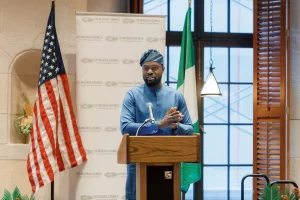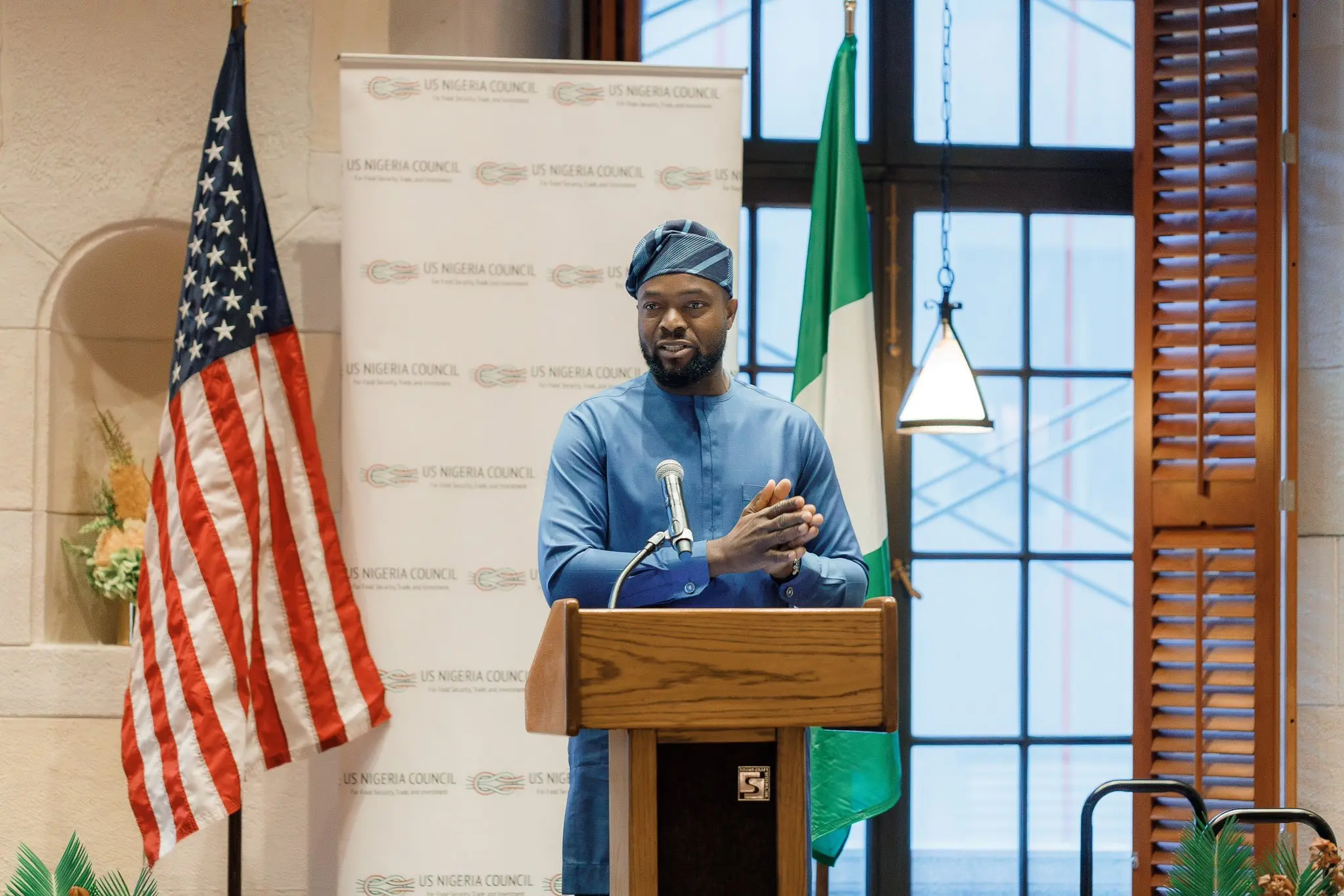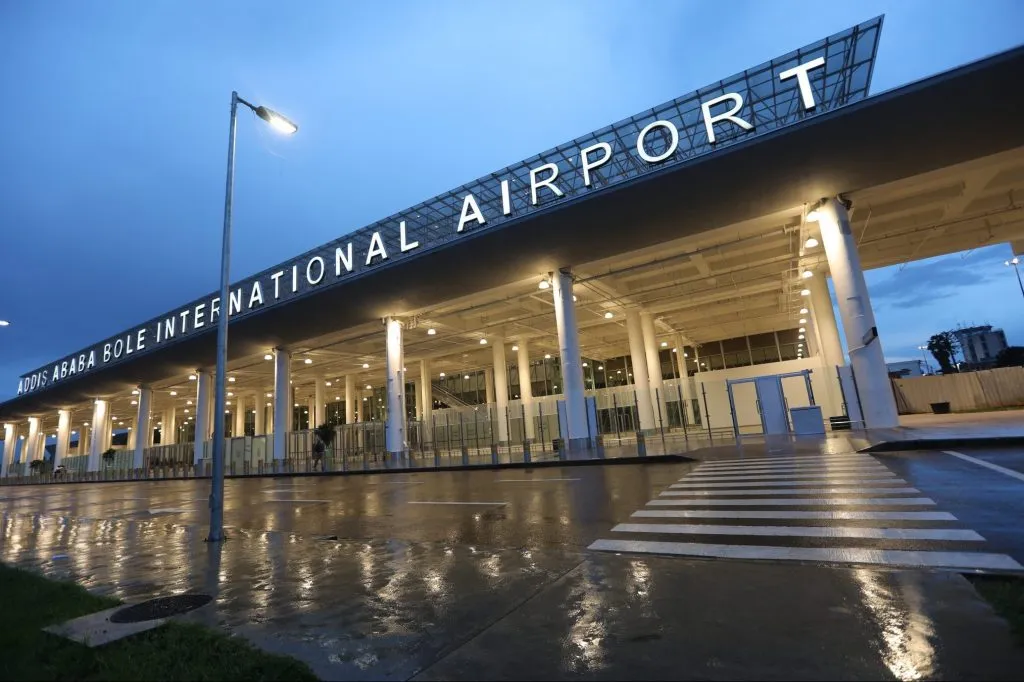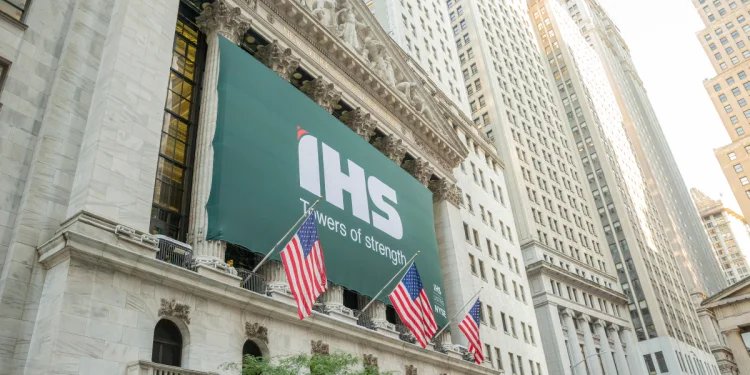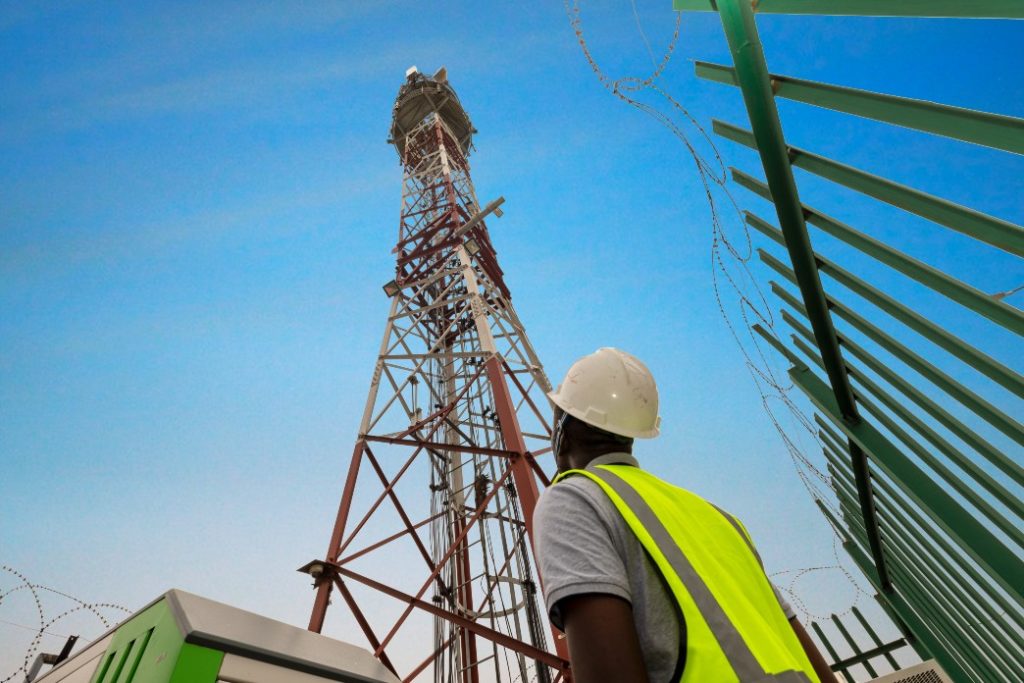2023 began with a lot of skepticism about funding in the startup ecosystem. The impact of macroeconomic factors, denominated by the political instability—foreign and domestic—in 2022 dampened the optimistic outlook for 2023. Global tech firms, some of whom are stakeholders in African tech began to lay off workers, in a bid to prune down overhead and remain in the green zone.
However, Q1 2023 has not been as bad as feared. Despite the downturn in funding and acquisitions, the continent saw its biggest acquisition of all time as Tunisian AI startup, Instadeep, was acquired by German biotech firm, BioNtech, in a deal worth $682 million. African fintechs also received $590 million in VC funding from investors, which is 69% of the total amount raised by startups in Q1 2023. It is 130% higher than the total funding raised in the sector within the same period in 2022. MNT Halan’s $400m raise played a significant role in the sector, maintaining its position as investors’ most preferred.
Additionally, we also saw the increased adoption and advancement of AI solutions to tackle numerous problems, with ChatGPT taking centre stage globally, and BioNTech going beyond partnerships to acquire Instadeep. African startups are now increasingly innovating and finding applications for AI technologies in e-commerce, media/journalism, finance/central banking, health, agriculture, data privacy/ID verification, governance, and education. These applications will shape how we work in the future, and projections are that AI could expand the African economy by $1.5 trillion by 2030. “There is no industry that AI will not disrupt”, said Fatima Tambajang, Africa Head of Developer Relations, Startups & VC at Nvidia during a special edition of TechCabal Live held on Friday, May 5th 2023 for the launch of the Q1 2023 State of Tech in Africa report. In 2022, debt deals rose to prominence as the preferred asset class for startup founders. As of the end of March 2023, there were 11 debt deals – a 175% increase from the same quarter in 2022. With the current economic downturn across the continent, equity investments will become expensive in the long run for startups to scale sustainably while limiting dilution from equity rounds. On debt deals, Opeyemi Awoyemi, Managing Partner at Venture Studio thinks that although debt deals are not suitable for all startups, it is more sustainable than venture capital funding and they unlock a lot of opportunities for not just startups but for retail users. Lenders have stricter criteria for lending money beyond vision and traction and what this means is that startups would have to pay more attention to the value they are bringing.
On the regulatory side, we’ve witnessed a few major policy announcements from various African countries with Nigeria being the first country to adopt open banking regulations on March 7, 2023, to encourage innovation in the banking industry and provide rules for how banks and third-party financial institutions will use customer data. There was also Nigeria’s demonetization policy which led to a serious cash crunch in the first three months of 2023. Startup regulations, when done right, have the capability to attract investors who support innovation and create jobs—effectively injecting money into the economy. Good tech regulations involve continuous iteration, especially in tech’s fast-moving world, and to do this governments need to develop a better understanding of tech trends. This is why a clear line of communication between the regulated and regulators is important. There is also a role for startups to play in ensuring that all KYC and regulatory compliance processes are followed duly. According to Mathias Léopoldie, Co-founder at Julaya, companies need to continue to learn how to navigate regulations.
Africa is witnessing a steady increase in the adoption and use of technology, with innovative startups and established tech companies driving growth in various sectors. While there are still challenges to be addressed, experts believe that the industry still has a lot of potential and will continue to grow. “There is still more hope than despair and this year still holds a lot of promises for companies that are delivering value for their customers and community, ” said Ayoyemi.To get valuable insights into the state of tech in Africa in Q1 2023, download the report here.









